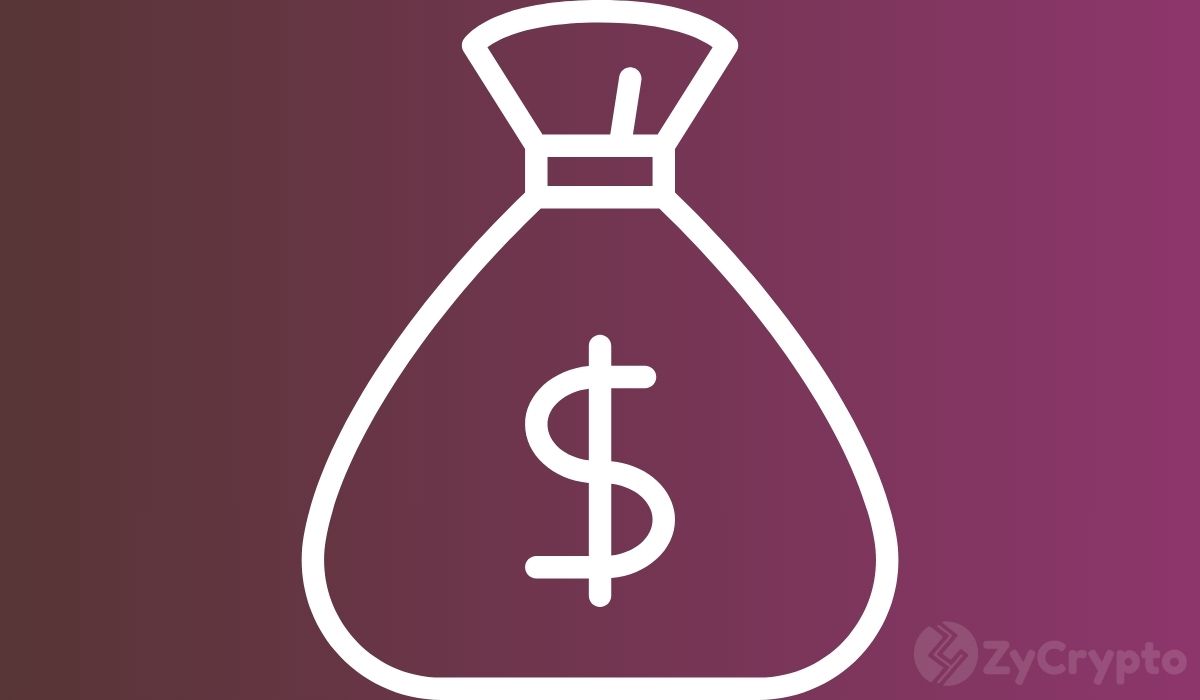ARTICLE AD BOX
Crypto Super PACs have amassed $102 million in funds ahead of the US elections to advocate for candidates supportive of the industry, according to a report by Public Citizen.
Approximately $54 million originates from direct corporate contributions, notably from industry giants Coinbase and Ripple Labs.
Individual contributions from crypto executives and venture capitalists also bolster this war chest, with notable amounts including $11 million from Andreessen Horowitz founders, $5 million from Gemini exchange founders Cameron and Tyler Winklevoss, and $1 million from Coinbase CEO Brian Armstrong.
However, these financial maneuvers have been accompanied by scrutiny, as four of the eight corporate donors are entangled in legal disputes with the US Securities and Exchange Commission (SEC) over alleged securities violations.
The Public Citizen’s report highlights the impact of crypto super PACs on primary elections, noting that of the six concluded races they intervened in, only one crypto-backed candidate faced defeat. Eleven primary contests featuring such candidates are ongoing, and plans are underway to allocate resources to general election Senate races in pivotal states like Ohio and Montana.
Armstrong pitches Robinhood
Meanwhile, Armstrong encouraged Robinhood to focus more on supporting pro-crypto candidates. He added that Coinbase does this through the crypto sector’s largest super PAC, Fairshake Political Action Committee, and StandWithCrypto.org.
On May 6, Robinhood revealed that the SEC served its crypto unit a Wells Notice. In response, Robinhood CEO Vlad Tenev criticized the financial regulator’s approach to the emerging industry, noting that it harms businesses and consumers.
He said:
“The SEC’s continued attack on crypto, coupled with recent rule proposals like the one related to predictive data analytics, mark yet another improper attempt by the administrative state to stifle innovation.”
The SEC’s scrutiny of Robinhood is a surprise, given the company’s track record of regulatory compliance. In 2023, Robinhood took Solana, Polygon, and Cardano off its listings after the SEC labeled them as securities in a legal dispute against other crypto firms.
Despite this, Robinhood has encountered obstacles in registering its crypto services with the SEC. The regulator’s argument hinges on cryptocurrencies being classified as securities, necessitating entities dealing with them to register as brokers and clearing agencies.
Nonetheless, Robinhood’s Chief Legal Officer, Dan Gallagher, vehemently contested that the cryptocurrencies on its platform qualify as securities.
The post Crypto Super PACs raise $102M to support crypto-friendly US candidates appeared first on CryptoSlate.
.png)
 1 year ago
13
1 year ago
13








 English (US)
English (US)